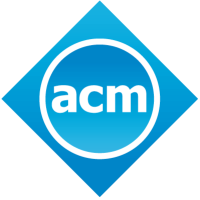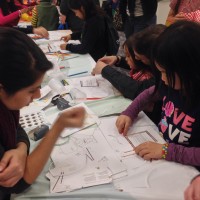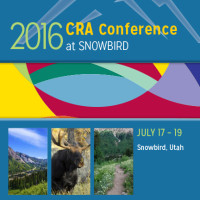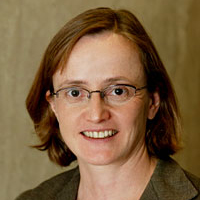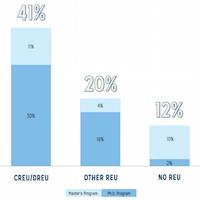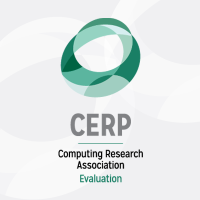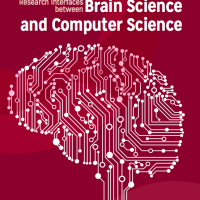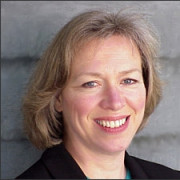
In Memoriam: Joanne Cohoon
The Computing Research Association is sad to announce the loss of Joanne Cohoon, a leader in the evaluation efforts of our programs, who died on February 14 at the age of 61. Joanne was involved with the CRA for more than a decade. In 2006, she was the principal investigator on an NSF-funded study that was initiated to test the validity of an earlier report, “Recruitment and Retention of Women Graduate Students in Computer Science and Engineering” (Cuny and Aspray, 2001). Joanne co-authored the report based on the study, “Recruiting and Retaining Women Graduate Students in Computer Science and Engineering,” which summarizes and expands on the results of a workshop and outlines research-based practices likely to promote gender balance in graduate computing programs.


